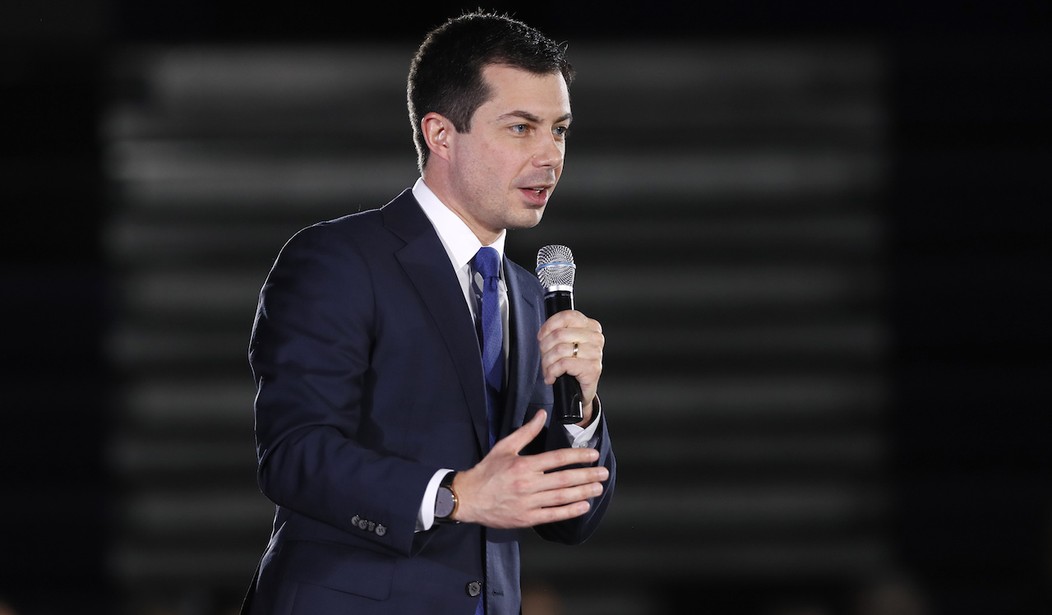Transportation Secretary Pete Buttigieg responded to criticism over comments he made earlier this month, when he asserted that bridges and highways are racist, by saying in an interview aired Sunday that "the point is not to make America feel guilty" but to fix what he sees as inequities in America's infrastructure.
During an interview on MSNBC’s "The Sunday Show," host Jonathan Capehart asked Buttigieg to address critics who cast doubt on his claim that some bridges and highways were built with racist intentions.
"What we’re doing is we are reconnecting people who may have been disconnected or divided by discriminatory decisions in the past," Buttigieg said. "That helps everybody. I don’t know why anybody would be against reconnecting people who have been divided by discriminatory decisions in the past.
"And again, the point is not to make America feel guilty," he continued. "The point is to make America better and more equitable and more effective in moving people to where they need to go. The point of transportation is to connect, so if a transportation was ever used to divide, we have a responsibility, a moral one but also a very practical one, to fix it."
.@SecretaryPete on a new $22 million initiative to improve Baltimore’s public transit: “What we're doing is we are reconnecting people who may have been disconnected or divided by discriminatory decisions in the past. That helps everybody.” #SundayShow pic.twitter.com/Xjw17onwBS
— The Sunday Show with Jonathan Capehart (@TheSundayShow) November 28, 2021
Recommended
The interview comes after Buttigieg made controversial comments about alleged racism in bridges and highways during a Nov. 8 White House briefing, when he was speaking about the bipartisan infrastructure bill.
"I’m still surprised that some people were surprised when I pointed to the fact that if a highway was built for the purpose of dividing a white and a black neighborhood, or if an underpass was constructed such that a bus carrying mostly black and Puerto Rican kids to a beach, or that would have been in New York, was designed too low for it to pass by, that that obviously reflects racism that went into those design choices," Buttigieg said at the time.
And while conservatives on Twitter immediately slammed Buttigieg following his remarks earlier this month, The Washington Post’s fact-checker Glenn Kessler defended the secretary, highlighting a passage from Robert Caro’s Pulitzer-Prize winning book, "The Power Broker," a biography of New York civic planner Robert Moses.
A Transportation Department official confirmed to Kessler that Buttigieg was making a reference to Caro’s book.
But Kessler later admitted that experts have increasingly doubted the validity of Caro's racist bridge story.
"Obviously this cannot be easily resolved," Kessler wrote. "Caro quotes one of Moses’ top aides as saying the height of the bridges was done for racist reasons, but increasingly that story has been questioned as not credible. Buttigieg should tailor his remarks to reflect what is historically unimpeachable – and we should be more careful to double-check on the latest views of historians. Even a Pulitzer Prize-winning book is not always the last word on a subject."

























Join the conversation as a VIP Member